Drug-free macromolecular therapeutic systems can target and kill cancer cells without causing the side-effects of the drugs currently in clinical use.
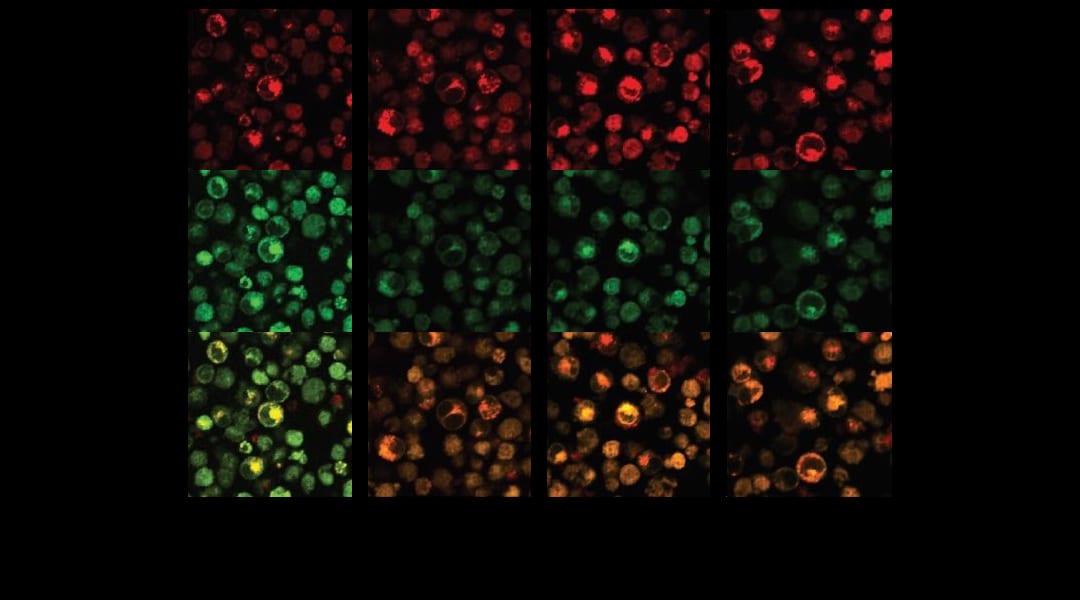

Drug-free macromolecular therapeutic systems can target and kill cancer cells without causing the side-effects of the drugs currently in clinical use.
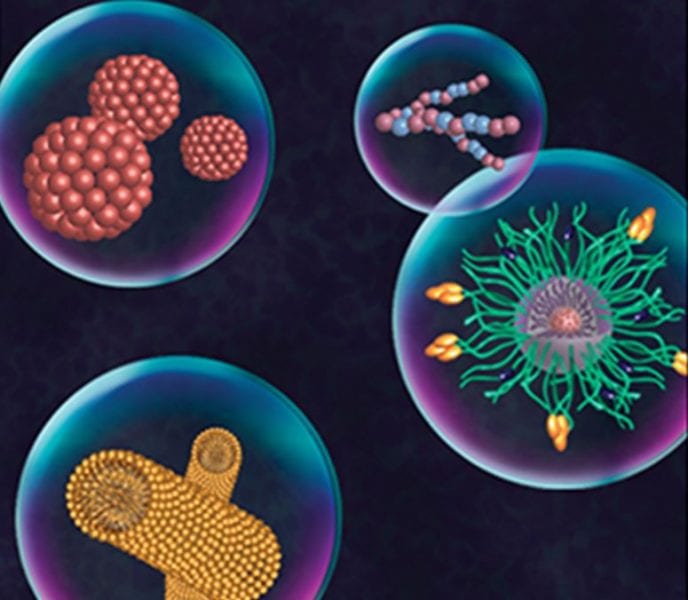
This special issue of Macromolecular Bioscience was dedicated to the 65th birthday of Prof. Kazunori Kataoka.

Tailor-made peptide-PEG conjugates are used as formulation additives to improve the water solubility of an anti-Alzheimer drug.
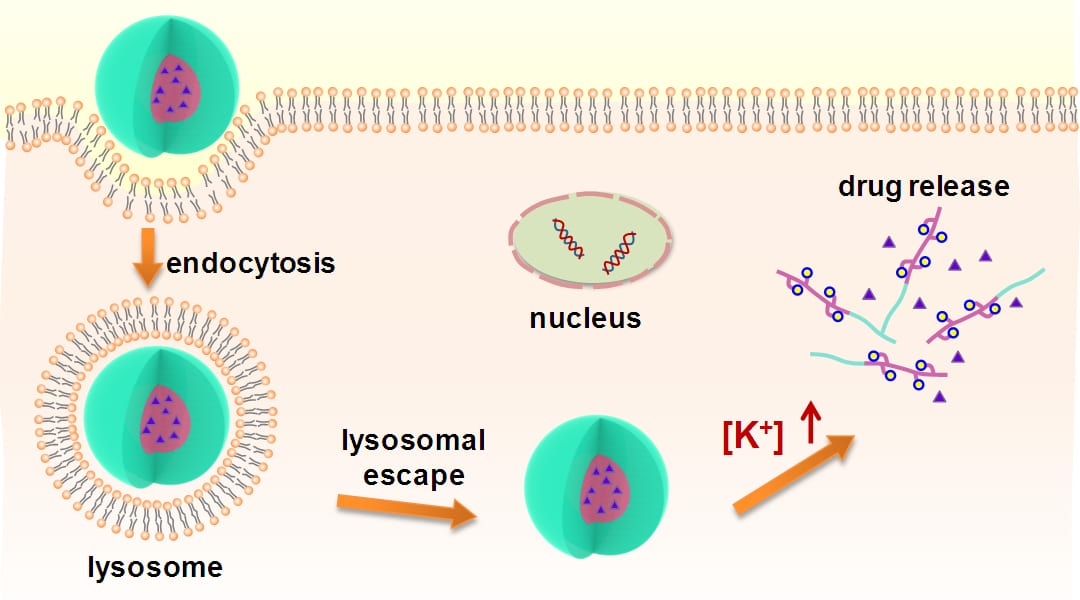
Prof. Ju and her co-workers have developed a novel type of K+-responsive micelle with a controlled drug release triggered by intracellular high K+ concentration.
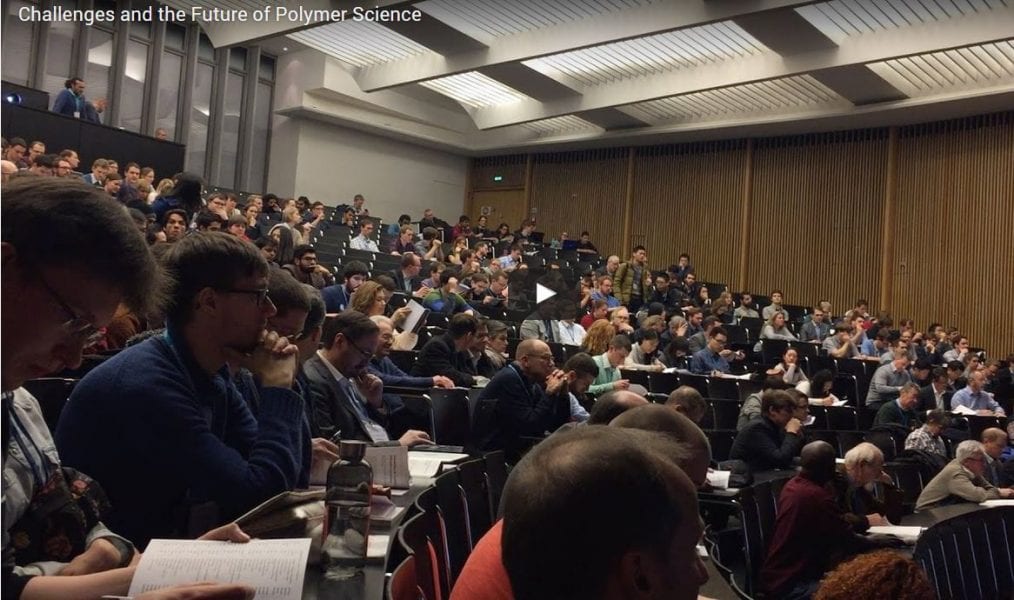
Video: Opinions on the future of polymer science, exciting recent developments, and the impact of polymer science on and its’ contribution to society.
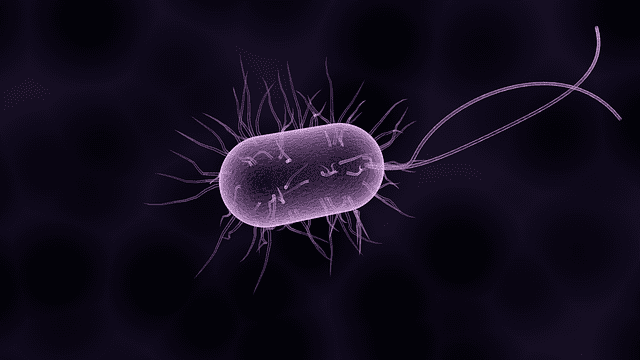
Research on artificial biofilms to enable the integration of electrogenic microorganisms in biofuel cell technology is presented.

Check out the Best of Macromolecular Journals 2017 Edition.
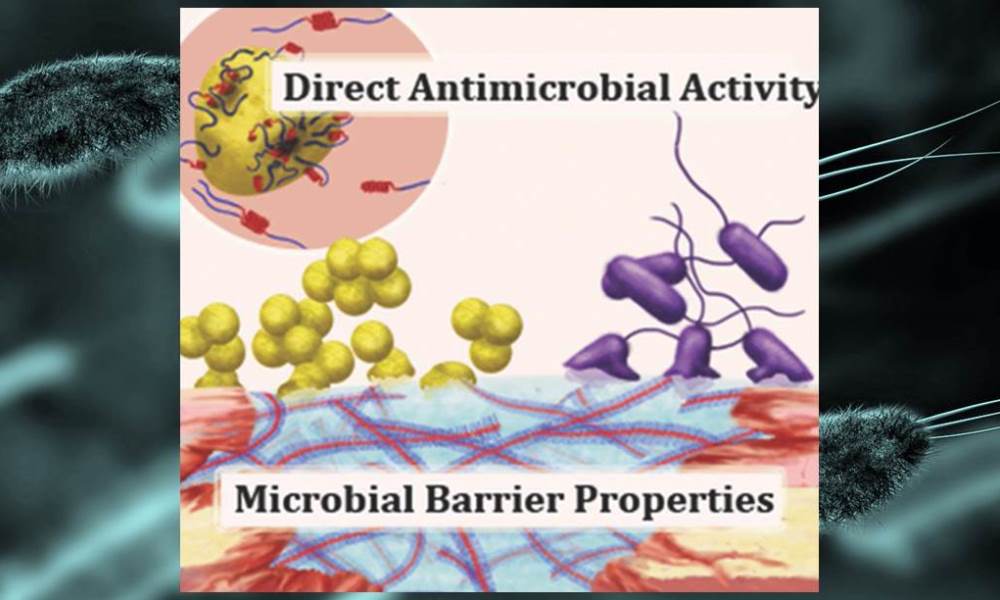
A new approach to prevent wound infections: Antimicrobial activities and microbial barrier properties can be designed in a single biopolymer.
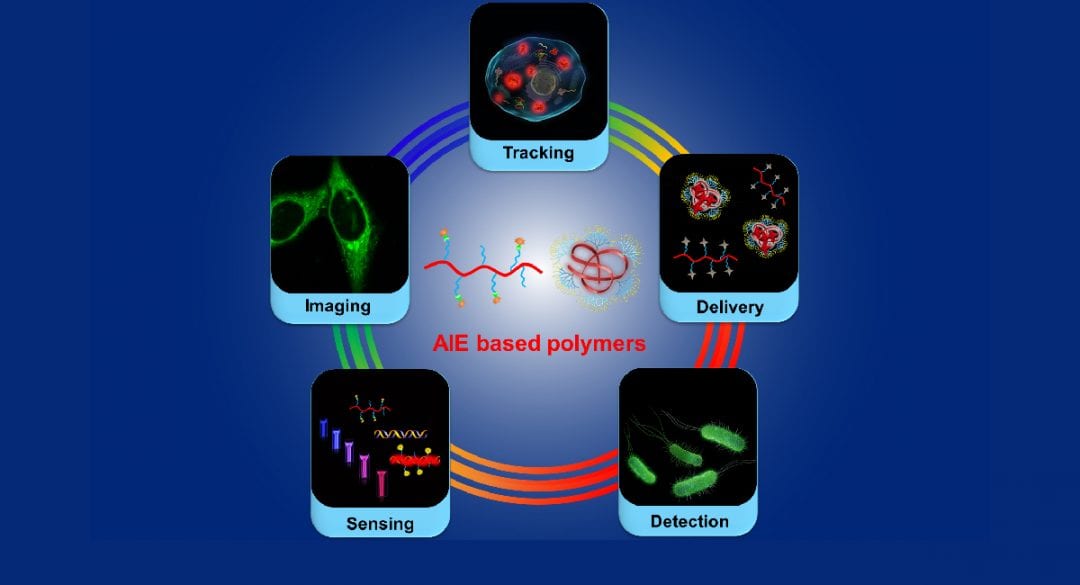
Bin Liu and co-workers highlight recently developed AIE polymer systems from synthesis to properties and biological applications.
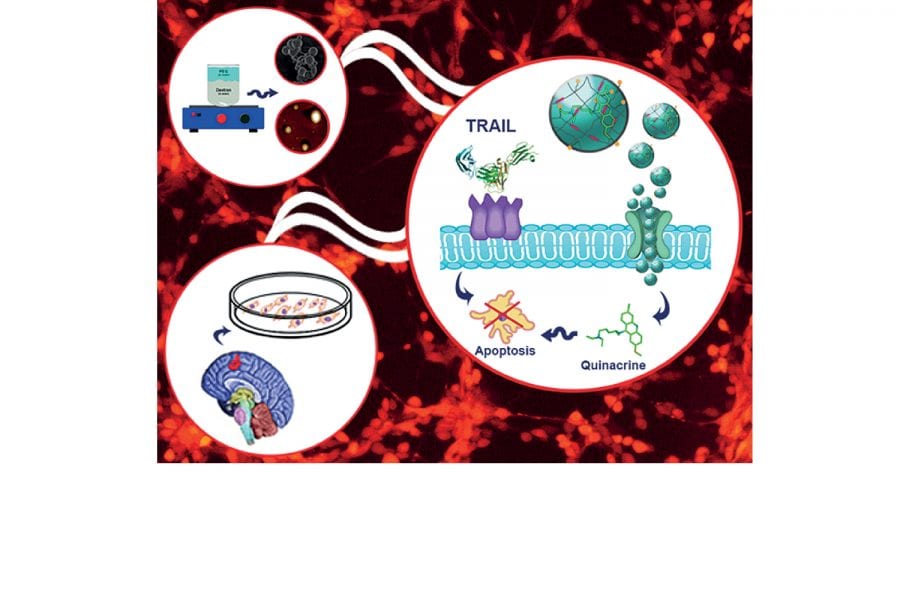
Matrix-metalloprotease (MMP)-sensitive hydrogel particles intend to utilize the unique properties of tumor cells, such as high concentration of MMP enzymes, along with the synergistic activities of an apoptosis-inducing protein (TRAIL) and the TRAIL sensitizer drug Quinacrine.